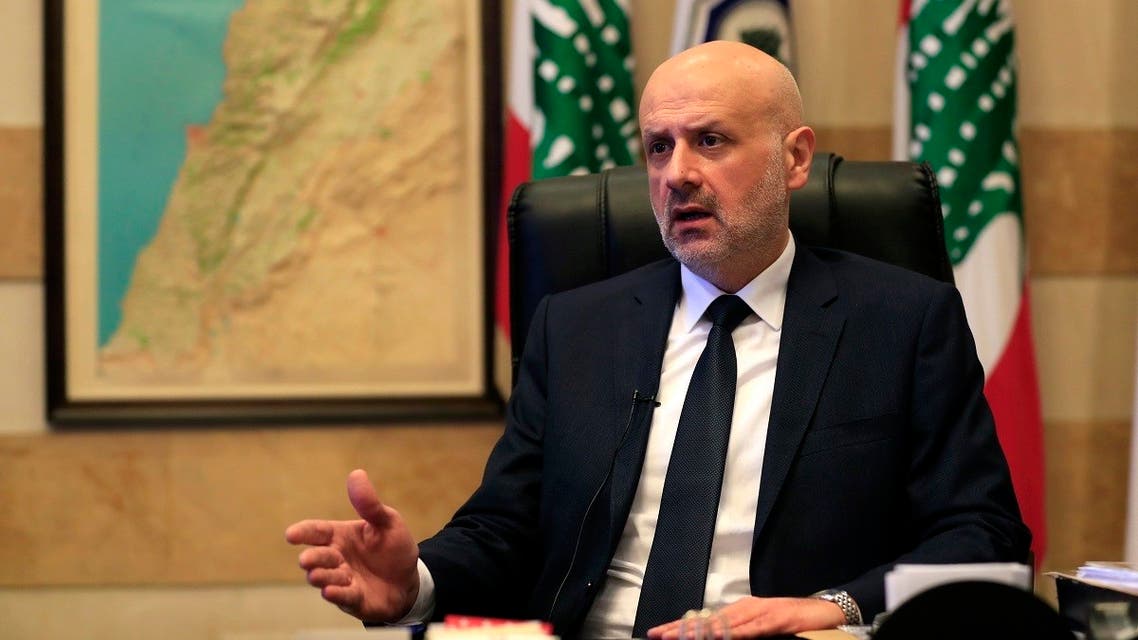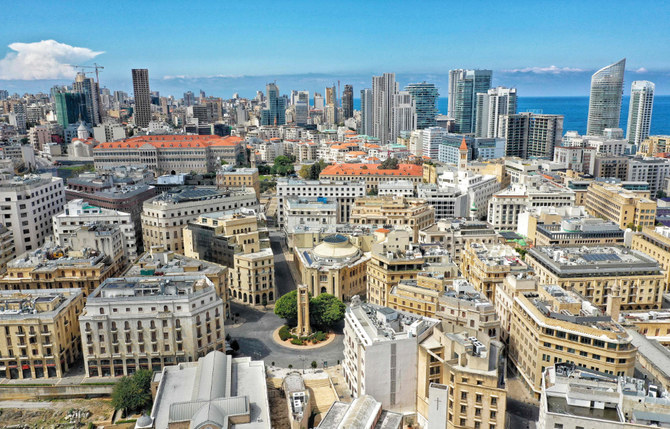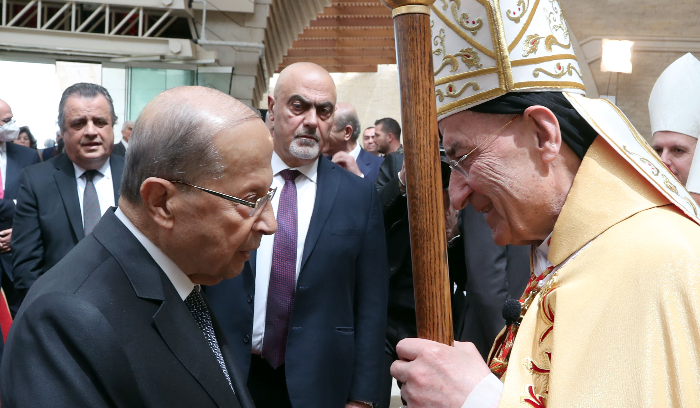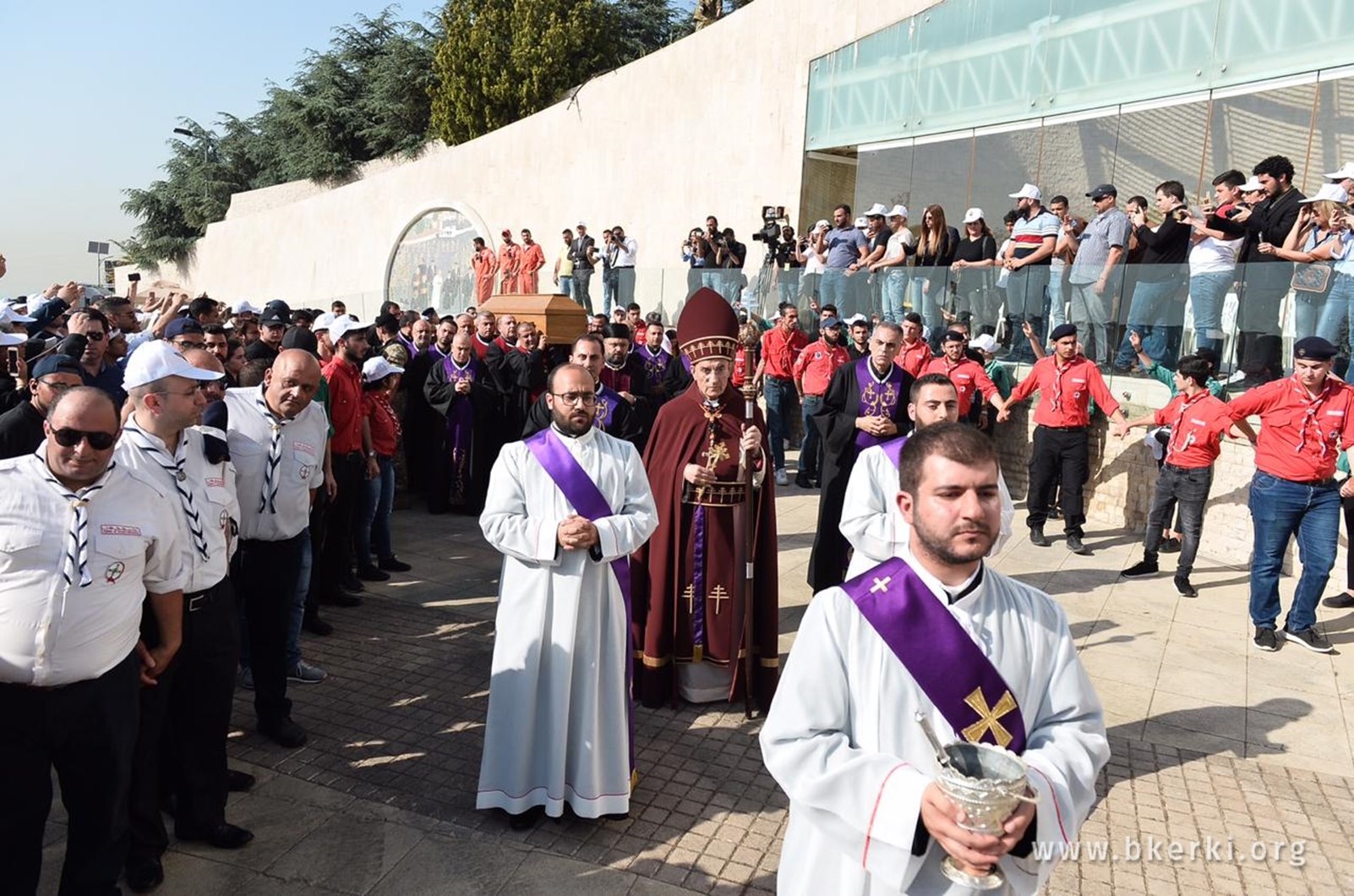
by tribunalcommunity.com -- Cairo: As per the Kuwait sources, Kuwait is expecting to open their visas following Lebanese a thaw in relations between Lebanon and the Gulf countries after months of strains and tensions. The return of the Kuwaiti and Saudi representatives to Beirut is seen as signalling an end to the crisis with Lebanon, which economic woes have roiled in recent months. According to Sources, which cites security sources, residence affairs agencies around Kuwait are prepared to handle applications from Lebanese once the government decides to resume awarding visas to them. For the past five months, such visas have been on hold. Initially, the visa re-issuance for Lebanese will going to start with trade and official visas to be followed by labour visas, as per the sources stated. “Family, tourism and dependence visas will follow.” As was previously the case, the State Security Service will analyse and verify any form of visa before it is issued,” the sources said.

By Najia Houssari -- arabnews.com -- BEIRUT: The lack of security in Beirut’s southern suburbs has led to an increasing number of complaints and outcries from people, with armed robberies taking place in broad daylight also on the rise. A security source linked “the poor security conditions in Beirut’s southern suburbs to the deepening of the economic crisis.” However, the source told Arab News that the main reason for these crimes was the loss of the state’s reputation.
A security source said there were armed robberies of motorcycles every day after robbers previously used to steal them at night. Saleh said he was going to work in Haret Hreik and had parked his motorcycle on the side of the road due to heavy traffic. Someone pointed a knife at him, forcing him to leave his vehicle, before fleeing the area. Thieves and gunmen have become bolder in carrying out their armed operations without any concern for security or party officials in Beirut’s southern suburbs, which are a Hezbollah stronghold and centers for the Amal Movement. The suburbs have had security checkpoints since the 2014 attacks by Daesh suicide bombers.

By Najia Houssari -- arabnews.com -- BEIRUT: Lebanese President Michel Aoun has assured the Lebanese that parliamentary elections will be held and that all the arrangements are ready, as people celebrated Easter. He took part in the Easter Mass, which was led by Maronite Patriarch Bechara Boutros Al-Rai in Bkerke. Aoun said he hoped for “the resurrection” of Lebanon. “We are living through a difficult tragedy in which problems have accumulated. I am experiencing the same situation you are and what befell you, befell me also.” The president met Al-Rai before the Mass and then told the media: “We want better relations with Arab countries, and the return of ambassadors to Beirut is an important step in this direction.”
BACKGROUND
Maronite Patriarch Bechara Boutros Al-Rahi urged people to vote in the upcoming elections because Lebanon ‘needs a national, sovereign and independent parliamentary majority.’ He hoped that the staff-level agreement with the International Monetary Fund would “positively affect” the situation in Lebanon and, speaking about the papal visit to Lebanon in June, wished “it would bring hope” to the country. "Today, we live in the hope of the resurrection. As long as we are alive, we will not allow despair to get the best of us.” Aoun also addressed the Shiite duo - the Amal movement and Hezbollah without naming them - and accused them once again of obstructing the work of the judicial investigation into the Beirut Port explosion. “They are the same parties obstructing the Cabinet’s work, and you know who they are. The families of the martyrs should address their demands to them.” The ministers of Hezbollah and the Amal movement boycotted Cabinet sessions last October amid their demands to dismiss the investigator into the explosion, Judge Tarek Bitar. In mid-January, after paralyzing Bitar’s work and bombarding him with lawsuits, they started attending sessions again.

By Sarah Ayoub -- smh.com.au -- Almost 15 years ago, while sitting in a meeting among some church volunteers, a white Roman Catholic priest opined that the Maronites were taking over the Catholic Church in Australia. Despite knowing that I was Maronite, he continued ranting about certain Maronites in church leadership positions, while I, shocked to my core, sat there in silence taking it. Years later, when I began researching racism in Australia as part of my PhD, particularly as it affected teenage girls, I realised how much that encounter had traumatised me. It had been one of the most blatant displays of xenophobia I had ever experienced, and it took more than a decade for me to be ready to process it.
For those unfamiliar, the Maronite Rite is traced back to a 4th century Syrian Christian monk named Maron, who lived a life of austerity as a hermit in the Taurus Mountains. Persecuted for many years, the Maronites now make up a significant number of Arab Christians in the Middle East and the diaspora. It took my Muslim friend to remind me how ridiculous the priest’s accusations were. “Christianity was born in the Middle East,” she told me when I shared the experience. “If there’s anyone who should have a monopoly on it, it’s you.” Back then, I was the youngest in the room and bound by an idea of respect that I’m not sure I still espouse. But now, despite knowing there are an infinite number of good priests in the world, I also recognise that priests are men and therefore prone to flaws, and as we know, occasionally even evil. That priest had rubbished people in my community and led me to believe that my community had to better assimilate, or at least step back from taking up roles in the church in Australia, because we were different.
Khazen History


Historical Feature:
Churches and Monasteries of the Khazen family

St. Anthony of Padua Church in Ballouneh
Mar Abda Church in Bakaatit Kanaan
Saint Michael Church in Bkaatouta
Saint Therese Church in Qolayaat
Saint Simeon Stylites (مار سمعان العامودي) Church In Ajaltoun
Virgin Mary Church (سيدة المعونات) in Sheilé
Assumption of Mary Church in Ballouneh
1 - The sword of the Maronite Prince
2 - LES KHAZEN CONSULS DE FRANCE
3 - LES MARONITES & LES KHAZEN
4 - LES MAAN & LES KHAZEN
5 - ORIGINE DE LA FAMILLE
Population Movements to Keserwan - The Khazens and The Maans
ما جاء عن الثورة في المقاطعة الكسروانية
ثورة أهالي كسروان على المشايخ الخوازنة وأسبابها
Origins of the "Prince of Maronite" Title
Growing diversity: the Khazin sheiks and the clergy in the first decades of the 18th century
Historical Members:
Barbar Beik El Khazen [English]
Patriach Toubia Kaiss El Khazen(Biography & Life Part1 Part2) (Arabic)
Patriach Youssef Dargham El Khazen (Cont'd)
Cheikh Bishara Jafal El Khazen
Patriarch Youssef Raji El Khazen
The Martyrs Cheikh Philippe & Cheikh Farid El Khazen
Cheikh Nawfal El Khazen (Consul De France)
Cheikh Hossun El Khazen (Consul De France)
Cheikh Abou-Nawfal El Khazen (Consul De France)
Cheikh Francis Abee Nader & his son Yousef
Cheikh Abou-Kanso El Khazen (Consul De France)
Cheikh Abou Nader El Khazen
Cheikh Chafic El Khazen
Cheikh Keserwan El Khazen
Cheikh Serhal El Khazen [English]
Cheikh Rafiq El Khazen [English]
Cheikh Hanna El Khazen
Cheikha Arzi El Khazen
Marie El Khazen